People with intestinal infections should rest, drink enough water, and supplement with oral rehydration solution (ORS) to improve their condition.
Intestinal infection is a condition in which the digestive tract is inflamed due to the invasion and attack of harmful bacteria. According to Master, Doctor, CKI Vo Tuan Phong, Center for Endoscopy and Gastrointestinal Endoscopic Surgery, Tam Anh General Hospital, Ho Chi Minh City, the cause may be due to eating contaminated food, contact with sources of infection from people, infected objects such as knives, scissors, toys, diapers...
Symptoms usually appear immediately after exposure to the source of infection or after 1-3 days. Depending on the type of bacteria, chronic disease, symptoms of intestinal infection can include abdominal pain, diarrhea, bloody stools, mucus stools, vomiting, headache, bloating, loss of appetite, nausea, fever...
Infections are more serious in children and the elderly due to weakened immune systems and rapid dehydration.
According to Dr. Phong, people with signs of intestinal infection can apply some of the following methods to increase treatment effectiveness.
Rehydrate the body : Drink plenty of water to avoid dehydration, which can lead to serious complications such as vomiting and persistent diarrhea. Patients should increase their intake of electrolyte solutions such as oral rehydration solution (ORS) to provide both water and electrolytes needed by the body.
Ginger tea : Has the ability to inhibit the growth of bacteria or parasites, including intestinal infections. Ginger tea significantly improves symptoms of swelling and pain in patients.
Peppermint tea : Has anti-inflammatory effects, soothes irritation in the intestinal wall; absorbs excess gas in the intestines, prevents spasms and reduces abdominal discomfort. This tea also helps reduce vomiting and nausea.
Chamomile tea: Rich in phenolic compounds such as apigenin, quercetin, patuletin, which have anti-inflammatory properties, soothing abdominal pain caused by this disease.
Lemon juice : Supports detoxification, removes impurities, bacteria, viruses, parasitic fungi from the intestines, helps stabilize intestinal motility, thereby reducing abdominal pain, loss of appetite and diarrhea.
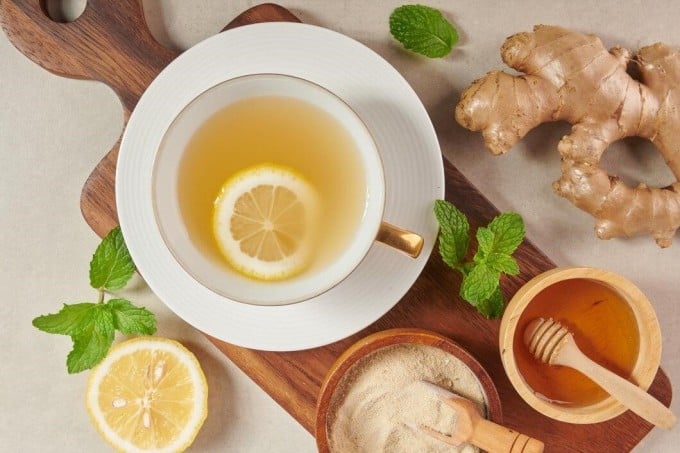
Drink digestive teas to improve intestinal infections. Photo: Freepik
Rest : The body is often tired and has reduced resistance when sick. Patients need to have a reasonable rest regimen to ensure good health recovery.
Build a reasonable diet: Patients should eat light meals with easily digestible foods such as bananas, rice, porridge...). Prioritize soft, liquid foods but diverse, full of nutrients.
Taking antibiotics: People with bacterial or parasitic infections need to take antibiotics as prescribed by their doctor. When the infection causes severe diarrhea, more than 5 bowel movements a day, fever above 38.5 degrees Celsius, signs of dehydration, low blood pressure..., the patient should see a doctor early for treatment, especially for patients over 70 years old, with cardiovascular disease, diabetes, immunodeficiency...
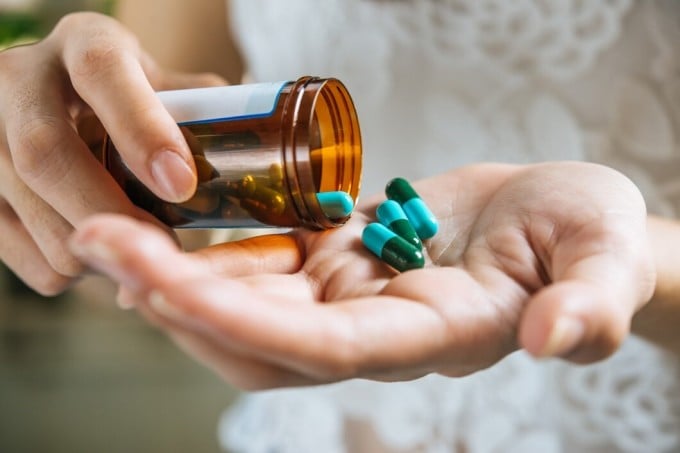
Taking antibiotics to treat intestinal infections. Photo: Freepik
Dr. Phong recommends that patients consult their doctor before taking any medication. Patients should apply the above measures to improve the condition of intestinal infections. If the symptoms of the disease progress seriously, the doctor may prescribe more effective treatment methods.
Le Thuy
| Readers ask questions about digestive diseases here for doctors to answer |
Source link



![[Photo] Prime Minister Pham Minh Chinh chairs meeting of National Steering Committee on International Integration](https://vphoto.vietnam.vn/thumb/1200x675/vietnam/resource/IMAGE/2025/8/26/9d34a506f9fb42ac90a48179fc89abb3)

![[Photo] Many people eagerly await the preliminary review despite heavy rain](https://vphoto.vietnam.vn/thumb/1200x675/vietnam/resource/IMAGE/2025/8/27/4dc782c65c1244b196890448bafa9b69)

![[Photo] Brilliant red of the exhibition 95 years of the Party Flag lighting the way before the opening](https://vphoto.vietnam.vn/thumb/1200x675/vietnam/resource/IMAGE/2025/8/27/e19d957d17f649648ca14ce6cc4d8dd4)

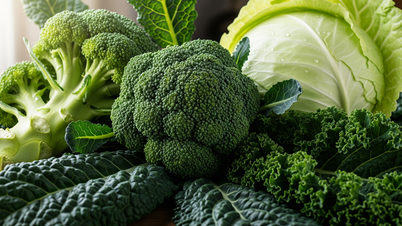


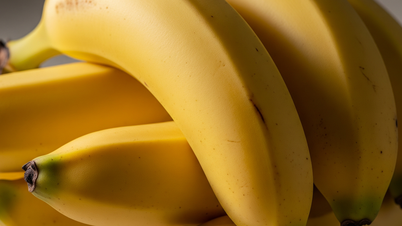
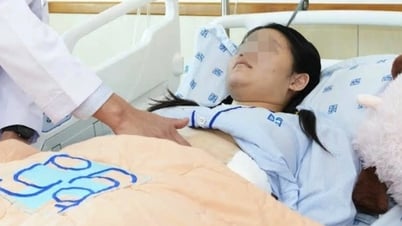

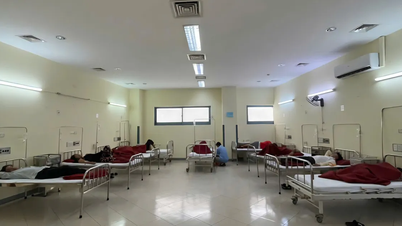



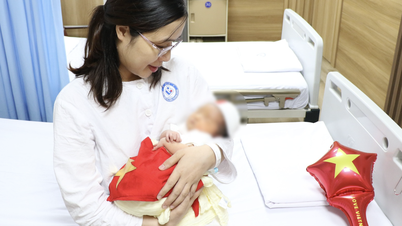

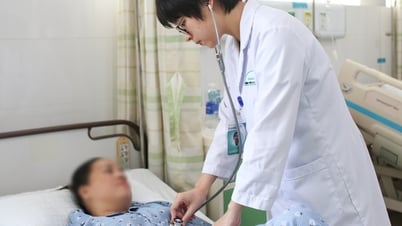
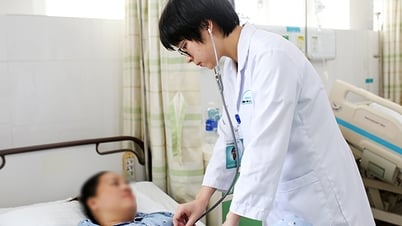

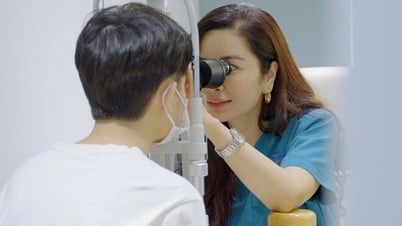
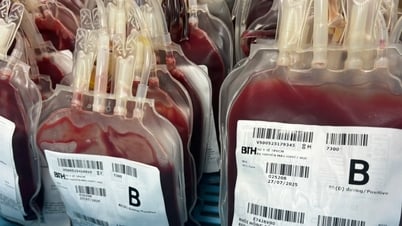





































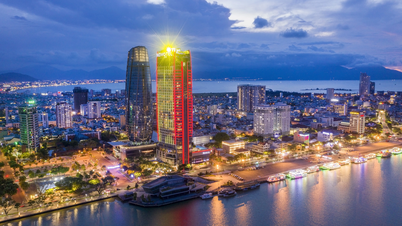

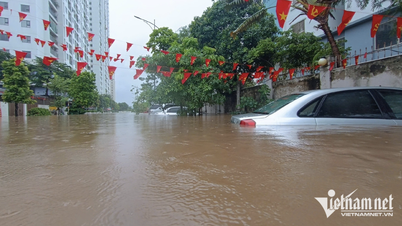
![[Photo] General Secretary To Lam attends Meeting with generations of National Assembly deputies](https://vphoto.vietnam.vn/thumb/402x226/vietnam/resource/IMAGE/2025/8/27/a79fc06e4aa744c9a4b7fa7dfef8a266)


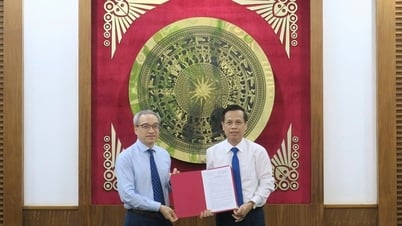






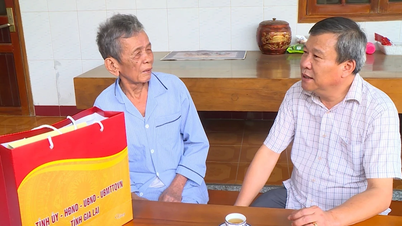






















Comment (0)